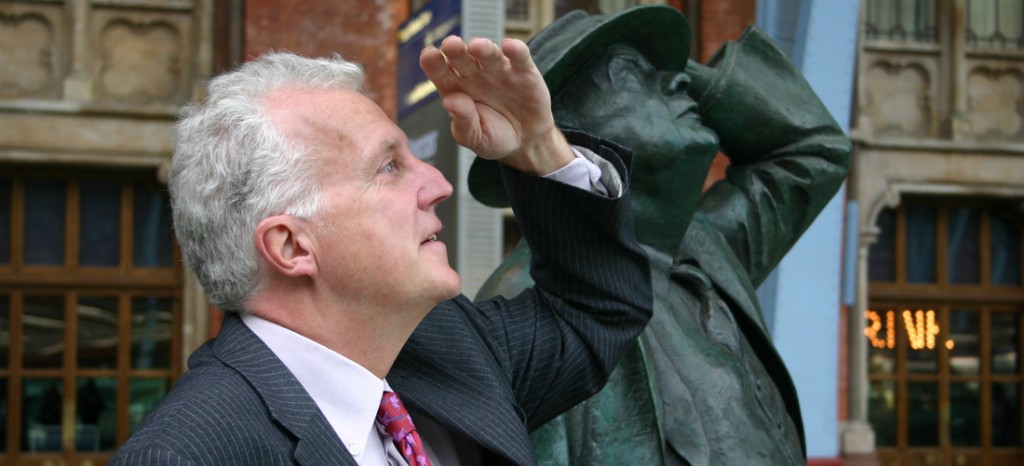Tom Harris, the rail minister, is an intelligent chap with a better knowledge of the railways than many of his recent predecessors. He is also prepared to debate the issues surrounding the structure and the future of the railways rather more openly than is the custom with junior ministers.
Therefore, when I interviewed him recently for a TV programme I am making about the travails of First Great Western for BBC TV Wales (Week in, Week out, June 10 10 35pm) I expected a robust defence of the railway’s structure and Labour’s failure to renationalise the network. What I had not, expected, however was this: ‘My view is that if Labour had come into power in 97 and the railways had still been nationalised, then I think we would have privatised them.’
Wow! At least he is being honest because he then said: ‘I don’t think it is particularly honest for a minister to say that the only reason that we’re not going to re-nationalise is because it would cost too much. Yes it would cost too much and passengers wouldn’t benefit from it but actually to say that is the only hurdle is simply not true’. Indeed, I remember when Alistair Darling spoke against a TSSA sponsored motion at Labour Conference by dishonestly implying that renationalising the railway would cost £20bn, when, in fact, taking back the franchises back in house, the substance of the motion, would not have cost anything.
But at least we know where we stand. Labour has moved so far to the Right that it is indistinguishable from its Tory opponents.
Yet, in a way, I do not see this as a particularly Left-Right issue, but one of common sense. In New Zealand, the by no means especially Left-leaning Labor government has just renationalised the railways after 15 years in the private sector. The reason: it was seen as the best way to increase investment and, according to the finance minister, Michael Cullen, running a commercially viable rail business was impossible without state support and the government would now avoid paying subsidies to third parties.
Undeniable logic, which is not really a matter of party politics. Indeed, here the new Tory mayor of London, Boris Johnson has supported both the renationalisation of Croydon Tramlink, mentioned in my last column, and Metronet, the failed infrastructure company on the Tube. If, however, anyone had any illusions that railway renationalisation – which incidentally would not cost anything apart from a notional transfer of debt from Network Rail to the government – could happen here under the current Labour government, then dream on…
